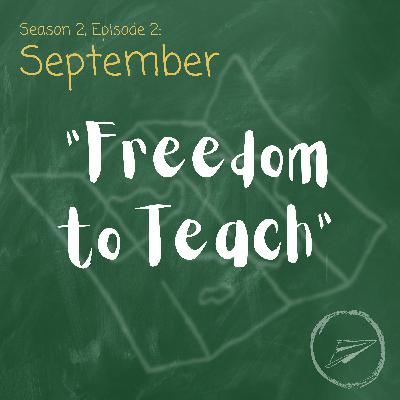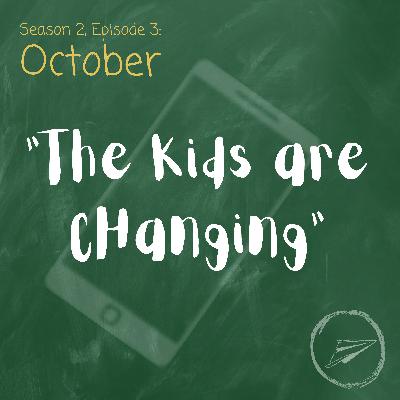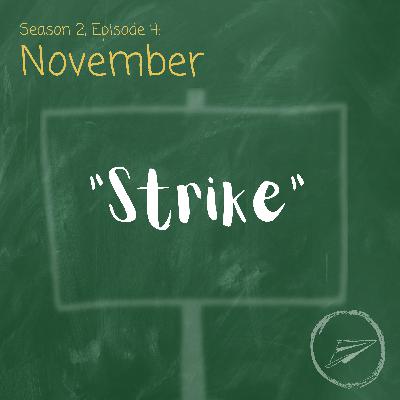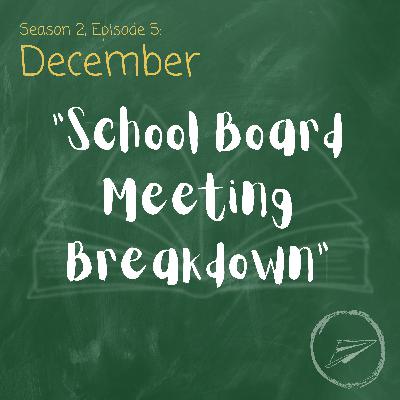1: Fight, Flight, or Apathy
Description
We are witnessing a mass exodus of teachers from education. My wife, Jennie, is one of those teachers that left. She, like many educators, was tired of not being treated like a professional. Even for me, a high school English teacher, the job is getting harder. So I go in search of answers. In this episode, we hear from Jennie and two other former teachers about why they left teaching. From struggles with mental health, to low pay, to a lack of autonomy in the classroom - they give insight into why we are losing good teachers across the country.
This episode was produced by Charles Fournier. It was edited by Melodie Edwards. Other editing help came from Noa Greenspan, Sarah-Ann Leverette, and Cody Fournier. All music is by Julian Saporiti. A special thanks to Jennica Fournier, SA, and Jaye Wacker for being inspiring teachers and taking time to sit down and chat with me. This podcast is funded in part by the Fund for Teachers Fellowship.
Learn more about your ad choices. Visit megaphone.fm/adchoices















